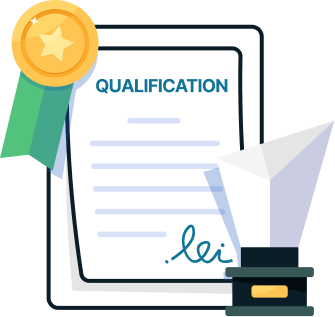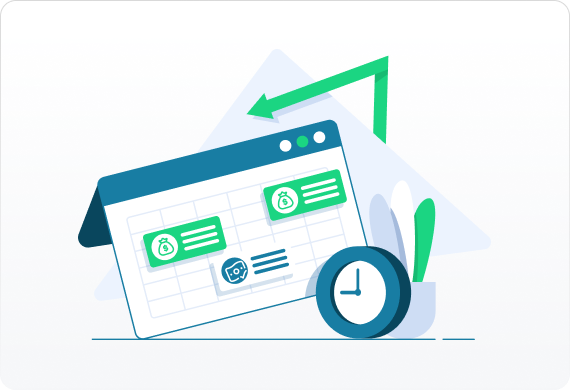Whether you just passed the CPA exam and have decided to open your own firm, or have been offered partnership, as an accountant you understand the importance of access to capital. A business loan could fund opening your own office or buying into a partnership. It could pay to build out a new office, buy out a partner, or advertise your new firm. While the accounting industry has long been dominated by the Big Four, there’s plenty of room for smaller firms. The sector expects 11% growth by 2024. Small firms make up the majority of the industry, with 90% of firms having fewer than ten partners and less than $600,000 in annual revenues.
While 86.2% of these firms provide tax preparation services, a larger percentage (92.2%) fill the accounting and bookkeeping needs of other small businesses. 77.7% of small firms round out their businesses by providing business consulting. There’s plenty of opportunity to expand by adding services to your firm’s offerings. But expansion often requires capital investment – to bring on new staff, purchase computers, or invest in software. Here are some common reasons that it might be time for you to borrow.







